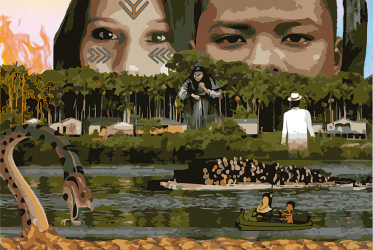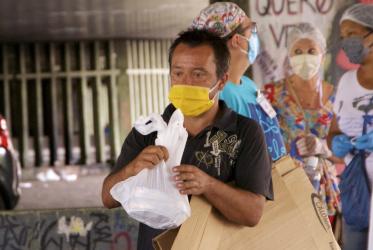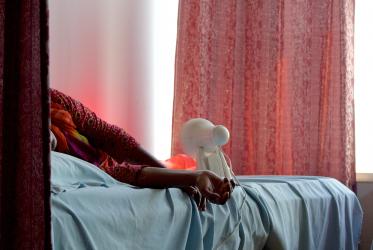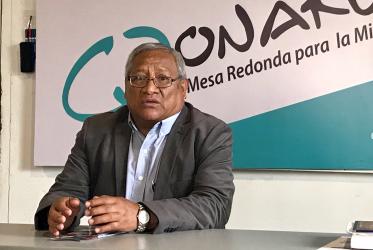Displaying 1 - 20 of 26
WCC podcast deals with death and dying
15 December 2020
COVID-19 in conflict zones: “a crisis within another crisis”
27 November 2020
WCC expresses solidarity with Peruvian people amid political crisis
20 November 2020
New student body at Bossey Ecumenical Institute “a source of joy”
14 September 2020
Thomas Kang: “Hope is what moves Christians”
21 August 2020












